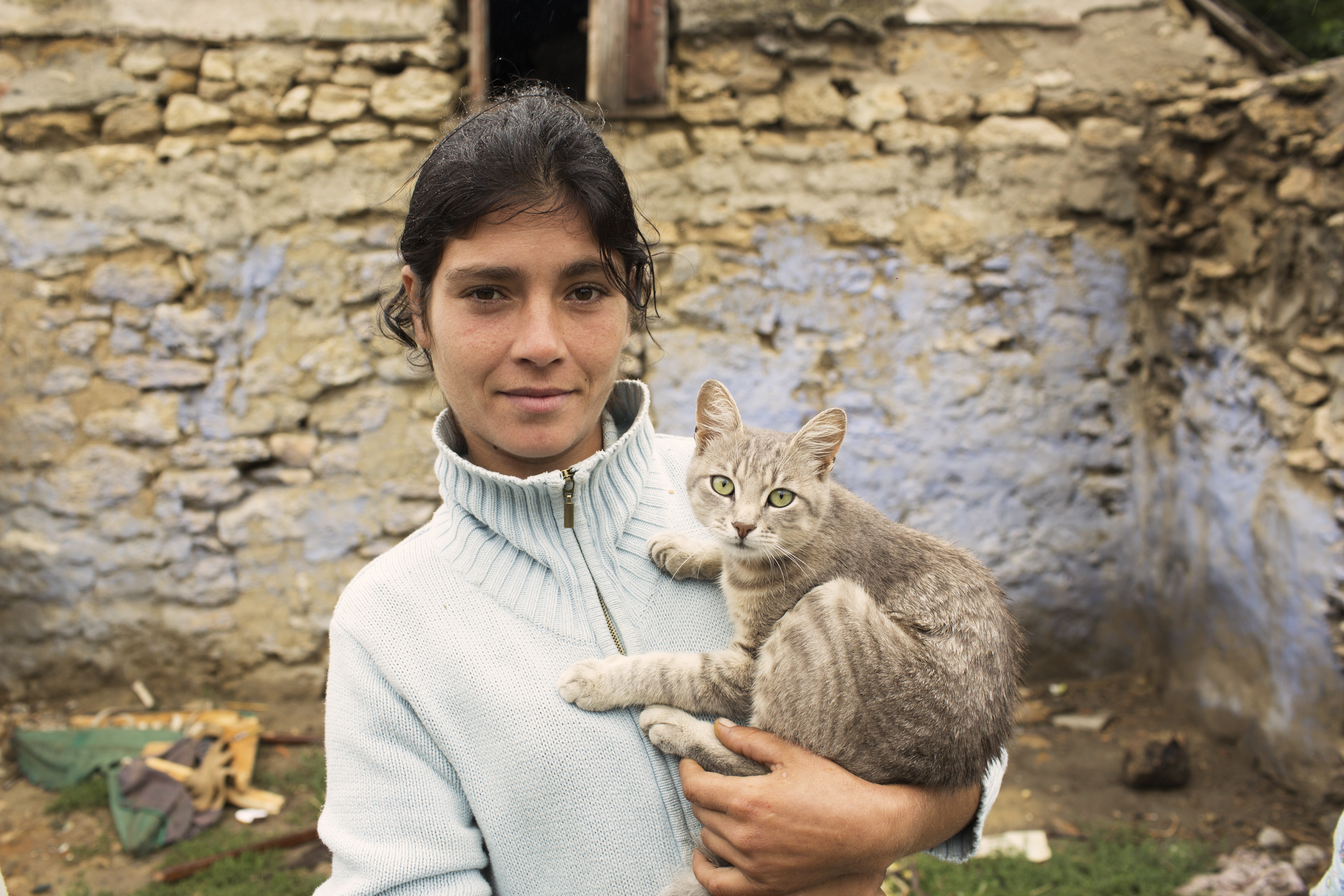The last reliable data about the scope of statelessness in Ukraine dates back to the 2001 population census, when 82,550 persons were declared stateless. The majority were located in the Autonomous Republic of Crimea, Odesa, Donetsk, and Dnipropetrovsk regions. The next census is due in 2020. As of June 2017, UNHCR estimates that there are more than 35,000 stateless persons and persons at risk of statelessness in Ukraine.
Most persons at risk of statelessness are identified by UNHCR partners as members of the Roma minority, children born in the non-government controlled areas of Donetsk and Luhansk regions (approximately 50,000 as of December 2017), homeless persons, older people holding Soviet passports (particularly in rural areas), and persons imprisoned or released without any identity documents. In addition, there are those who arrived in Ukraine from other former Soviet republics after the collapse of the USSR who do not hold any nationality due to conflicting nationality laws or gaps in nationality legislation.
In Zakarpattia region, Roma are the fifth largest national minority, comprising of some 75,000 persons (one third of the Roma population of Ukraine) residing in 78 settlements. Around 10 per cent of them do not have passports or birth certificates.
In 2013, Ukraine acceded to the 1954 UN Convention relating to the Status of Stateless Persons and to the 1961 UN Convention on the Reduction of Statelessness. Nevertheless, Ukraine has not yet established a functioning statelessness determination procedure in order to identify and grant full protection to stateless persons on its territory.
Between June and December 2017, UNHCR and its NGO partners implemented projects on the elimination of statelessness providing legal assistance to 436 stateless persons or persons at risk of statelessness in Kyiv, Odesa, and Zakarpattia regions. Those assisted received information related to establishing identity, acquisition or confirmation of nationality, and some were issued passports or acquired Ukrainian nationality. By the end of March 2018, UNHCR’s partners identified and assisted 678 beneficiaries. In 2018, UNHCR’s work with stateless persons expanded to Kharkiv region.

